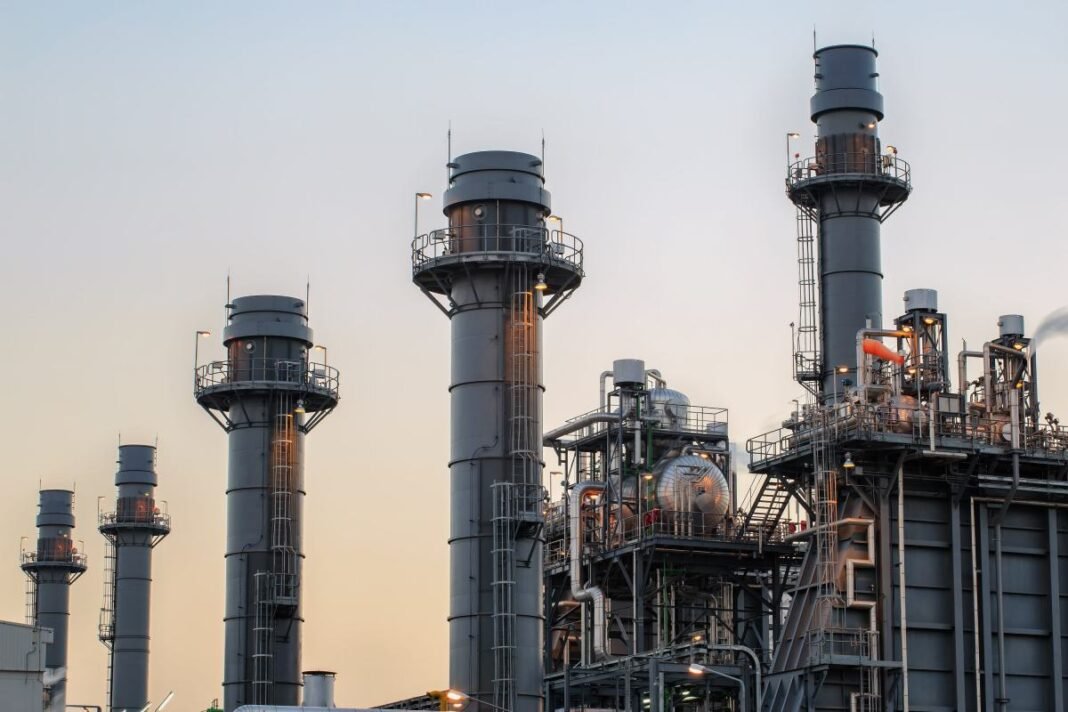Examining Meta’s Louisiana Data Center and Its Energy Approach
Natural Gas Power Plants: The Backbone of Meta’s Energy Supply
Meta is developing its largest data center to date in Louisiana, collaborating with Entergy to provide electricity through three ample natural gas power plants. These plants are expected to come online between 2028 and 2029, initially delivering up to 2.25 gigawatts of power.As the facility grows, energy consumption could surge to an estimated 5 gigawatts.
Local Reactions and Industry Perspectives
The initiative has ignited discussions among community members and industry players. A coalition including major corporations like Dow Chemical, Chevron, and ExxonMobil-who have encountered difficulties securing renewable energy for their operations-has expressed concerns about potential preferential treatment for Meta in a future phase involving the deployment of 1.5 gigawatts of solar capacity across Louisiana.
Moreover, some officials within Louisiana’s Public service Commission have questioned the terms of Meta’s contract with Entergy, which spans only 15 years despite natural gas plants typically functioning for over three decades.This raises worries that after the agreement ends, utility customers might be left responsible for ongoing costs related to these facilities.
The Impact on Utility Customers’ Finances
Infrastructure projects of this scale often exceed their initial budgets; experts caution that such overruns frequently fall on consumers’ shoulders. In this case, ratepayers will also fund a $550 million transmission line connecting the new power stations directly to Meta’s data center-a significant additional cost embedded in future electricity bills.
The Renewable Energy Dilemma: Ambitions Versus Practicality
Despite Meta’s vigorous efforts to expand its renewable energy portfolio-including a recent commitment to acquire an extra 100 megawatts of solar power-the reliance on newly built natural gas plants complicates its ambition to reach net-zero carbon emissions by 2030. The extended operational lifespan of these fossil fuel generators effectively commits substantial greenhouse gas emissions for decades ahead.
to offset this environmental footprint on its carbon accounting, Meta will need considerable investments in carbon removal technologies such as direct air capture systems powered by sustainable industrial processes that extract CO₂ from the atmosphere.
A Wider Industry Context: Insights from Othre Tech Leaders
This challenge reflects broader tensions faced by technology companies balancing rapid infrastructure expansion with sustainability goals. For instance, Google has invested heavily in offshore wind farms along the U.S. East Coast aiming to mitigate emissions from growing cloud services but continues grappling with reliance on fossil-fuel backup during peak demand periods.
Navigating Growth While Upholding Environmental commitments
- Sustainable Infrastructure Advancement: Prioritizing renewable energy integration early can minimize long-term emission lock-in associated with fossil fuel assets.
- Clear Contractual Agreements: Crafting deals that shield consumers from financial risks after contract expiration is essential for maintaining public confidence.
- Diversified Energy Mixes: Combining solar panels,wind turbines,battery storage solutions alongside cleaner fuels fosters resilient grids capable of supporting large-scale data centers without compromising climate objectives.
- Civic Collaboration: Continuous engagement among corporations, regulators, and local communities helps address concerns while encouraging innovation aligned with regional needs.
“With global data centers consuming nearly 3% of worldwide electricity today-and projected growth accelerating-the urgency intensifies for tech firms to lead in adopting genuinely sustainable energy frameworks.”
The Future Landscape: Innovations Shaping Next-Generation Data Centers
The shift toward environmentally pleasant computing hubs is gaining momentum globally; countries like Sweden are implementing district heating networks utilizing excess heat generated by server farms while south Korea explores ammonia-powered backup generators as alternatives to traditional fossil fuels.Such pioneering approaches offer valuable models that could influence future expansions at locations like Meta’s Louisiana campus-harmonizing technological progress with ecological responsibility effectively.





